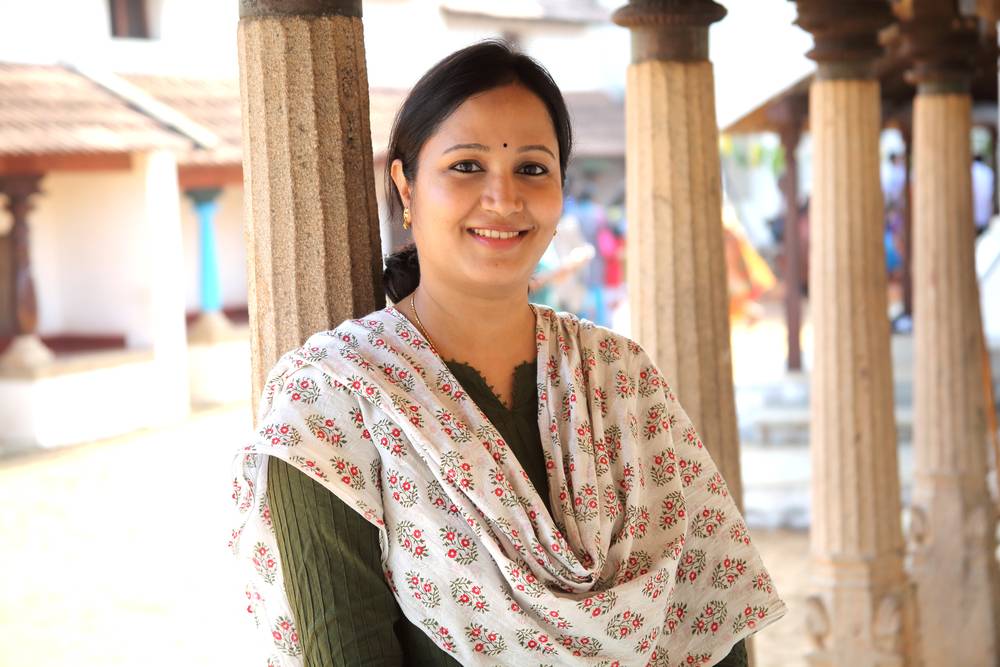 Last updated: December 17th, 2019 4:50 PM
Last updated: December 17th, 2019 4:50 PM
STEP Scheme
The Department of Women and Child Development (WCD), which is regulated under the Government of India, has introduced the Support to Training and Employment Programme for Women (STEP) Scheme. The scheme intends to provide training in skills development to ensure employment opportunities to women and enable them to become self-employed entrepreneurs. Under this scheme, grants are provided to institutions and organisations (including NGOs) to impart training programme. In this article, we look at the Support to Training and Employment Programme for Women (STEP) in detail.Objectives of the Scheme
The objectives of the STEP scheme are as given below:- To provide training in skill development that provides employment to women.
- To enable women to become self-employed or entrepreneurs through quality training.
- The scheme seeks to provide these benefits to women who are aged 16 and above.
Eligibility Criteria for Institutions/Organisation
The eligibility criteria of institutions/organisations for implementing projects under this scheme are as follows:- Any Institutions or Organisations registered under the Societies Registration Act, 1860 or Indian Trusts Act, 1882 (Not for Profit) or other statutes.
- Any Voluntary Organisations or Non-Government Organisations enrolled under the Societies Registration Act or Indian Trust Act, and which undergoes activities related to the objectives of the STEP scheme.
- Any co-operative Societies registered under the co-operative societies Act.
Selection of Project Implementing Agencies
- To start with, the concerned organization has to sign an application in the NGO-Partnership Portal of the NITI Aayog along with the self-declared details and obtain a Unique ID. The NGO should compulsorily specify the Unique ID at the time of applying for grants.
- The NGOs should update their database in the Portal every year.
- The organisation should have been in existence for a minimum of 3 years and must have carried out activities for implementing skills related to employment and entrepreneurship during the last 3 years. Also, the organisation should have had good financial health for at least the previous 2 years.
Industrial Sectors Covered
The assistance under the STEP scheme will be available for the industrial sectors as mentioned below:Number of Beneficiaries
The number of beneficiaries in a project shall not be more than 200 members. Training will be implemented in batches with manageable proportions. The equipment/ small machines/ computers related to the industrial sectors are made available for quality training.Financial Assistance
The financial assistance under the STEP scheme will be provided for the beneficiaries in the manner as follows:| S.No | Financial Assistance | Course Duration |
| 1. | Rs.40.50/- | For every hour of training for sectors listed in Category I given in Annexure-I. |
| 2. | Rs. 34.70/- | For every hour of training for sectors listed in Category II given in Annexure-I |
| 3. | Rs.28.90/ | For every hour of training for sectors listed in Category III given at Annexure-I |
Funding Pattern
Under the STEP scheme, the maximum financial assistance of 90% of the project cost will be granted by the Government of India. The remaining 10% will have to be provided by the implementing agency.Documents Required
The following documents are to be submitted while applying for the STEP scheme.- Copies of audited statement of accounts (Balance sheet, Income & Expenditure Account and Receipt & Payment Account) of the preceding three years.
- Annual Report for three preceding years.
- Proof of experience in the sector concerned.
- Document in support of the statement that the course is compliant with the stipulations of the National Skills Qualification Framework (NSQF).
- Copy of Registration Certificate, if any.
Application Procedure of STEP Scheme
Step 1 - eligible NGOs, who are interested to participate in the scheme should register themselves on NGO-PS Portal of NITI Aayog and obtain a Unique ID for this purpose. Step 2 - the Project proposals will be submitted online to the Ministry of Women and Child Development through the Ministry’s NGO Proposal Management System. Step 3 - these proposals will be addressed to the concerned State Government, which will examine the same and forward it to the Ministry of Women and Child Development with its recommendations. Step 4 - the proposals recommended by the State Government will be verified by a pre-screening committee, which is set up by the Ministry. Step 5 - the proposals recommended by the pre-screening committee will in-turn be placed before the Project Appraisal Committee for the final approval. Step 6 - upon final approval, the fund will be released to the registered NGO.Popular Post

In the digital age, the convenience of accessing important documents online has become a necessity...

The Atalji Janasnehi Kendra Project that has been launched by the Government of Karnataka...

The Indian Divorce Act governs divorce among the Christian couples in India. Divorce...

When an individual has more than a single PAN card, it may lead to that person being heavily penalised, or worse,...

Employees Provident Fund (PF) is social security and savings scheme for employee in India. Employers engaged...


